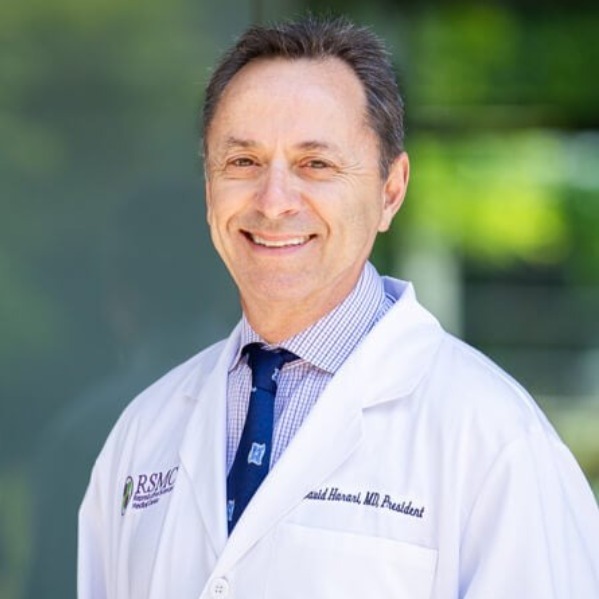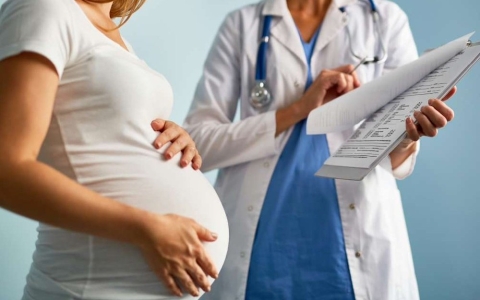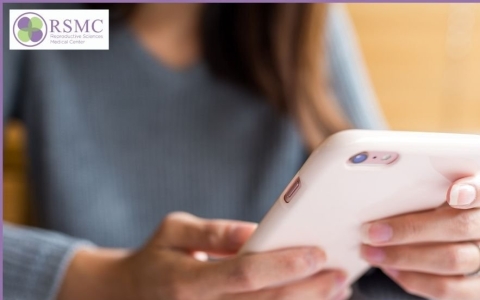Does PGS (PGT-A) Harm Embryos? How is it Conducted?

Does PGS (PGT-A) Harm Embryos? How is it Conducted?
PGS (PGT-A), also known as Preimplantation Genetic Testing for Aneuploidy, is a method of screening embryos for chromosomal abnormalities before implantation. The PGS testing method involves taking a small sample of cells from the trophectoderm of the embryo, typically between the fifth and seventh day of embryo development, without harming the inner cell mass, which is the future embryo. Therefore, PGS does not harm the embryo as it only involves sampling the trophectoderm of the blastocyst. By screening embryos, those with chromosomal abnormalities can be identified and potentially eliminated from consideration for transfer. However, it's important to note that the success of pregnancy after transferring embryos screened by PGS is not guaranteed to be 100%. PGS primarily provides information about the chromosomal normality and ranking of embryos.
The Three Main Functions of PGS:
1. Selecting healthy embryos to avoid transferring embryos with chromosomal abnormalities.
2. Increasing the success rate of IVF treatments, especially for older couples.
3. Determining the sex of embryos before implantation, provided that the embryos are confirmed to be healthy.
Can Embryos without PGS (PGT-A) be Used for Surrogacy?
All embryos used for surrogacy must undergo PGS genetic screening,Mosaic embryos were not implantable into the surrogate mother's body. Non-PGS embryos or embryos from unmarried partners who cannot have embryos produced in Taiwan can be transported to RSMC's laboratory for PGS. For married partners, it is recommended to have embryos undergo PGS in Taiwan beforehand to ensure the selection of high-quality embryos before transportation to the United States for implantation, which can be more efficient.
Since international transportation takes three to four months, to save the client's treatment time, the process of selecting a surrogate mother can begin before the embryos arrive. RSMC has its own pool of surrogate mothers, selected and managed by hospital physicians, which is highly trusted by intended parents and approved by surrogate mothers. You don't need to spend a lot of time searching for a suitable surrogate mother; our average matching time is between one week to one month. We can accommodate your preferences, such as ethnicity, state, budget, and the type of relationship you wish to maintain during the pregnancy.
Let RSMC, with 30 years of reproductive medicine experience, help you achieve successful conception.
RSMC's PGS embryo pass rate exceeds the U.S. average , with an average success rate of over 80% in both egg donation IVF and surrogacy. Especially in the challenging field of aging embryo culture, through the expertise of four top maternal and child health experts in the United States with over 30 years of experience and an internationally accredited professional embryo culture laboratory with CLIA and CAP dual certifications, embryos can be cultured for up to 7.5 days. The PGS embryo pass rate for women over 42 years old is 11.56% higher than the U.S. average! We will tailor hundreds of customized medical plans to help you create a brighter future for your family.Contact us via Line / WeChat: rsmctw, Whatsapp: +1 858-342-6046.

DR. DAVID HARARI
President and Chief Medical Officer
As a board-certified OB/GYN since 1986, Dr. Harari has treated many infertile couples over his career, utilizing surgical technologies such as robotics and minimally invasive procedures for the treatment of endometriosis, fibroids, and other gynecologic conditions. He has been instrumental in helping thousands of couples build the family of their dreams through both IVF and surrogacy.
Other
-
2024/11/18ivf
What is a Uterine Polyp? Does It Affect Fertility?



